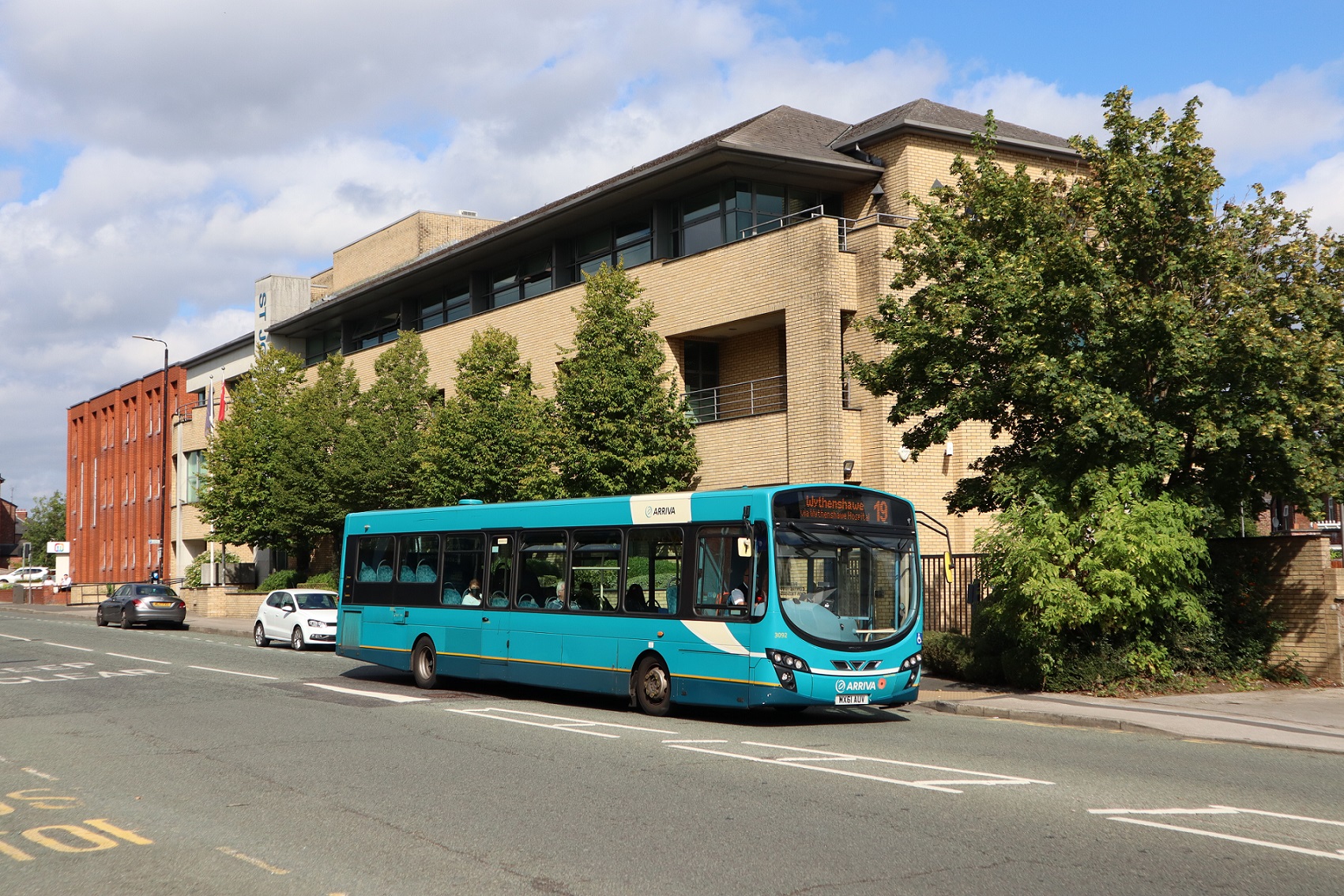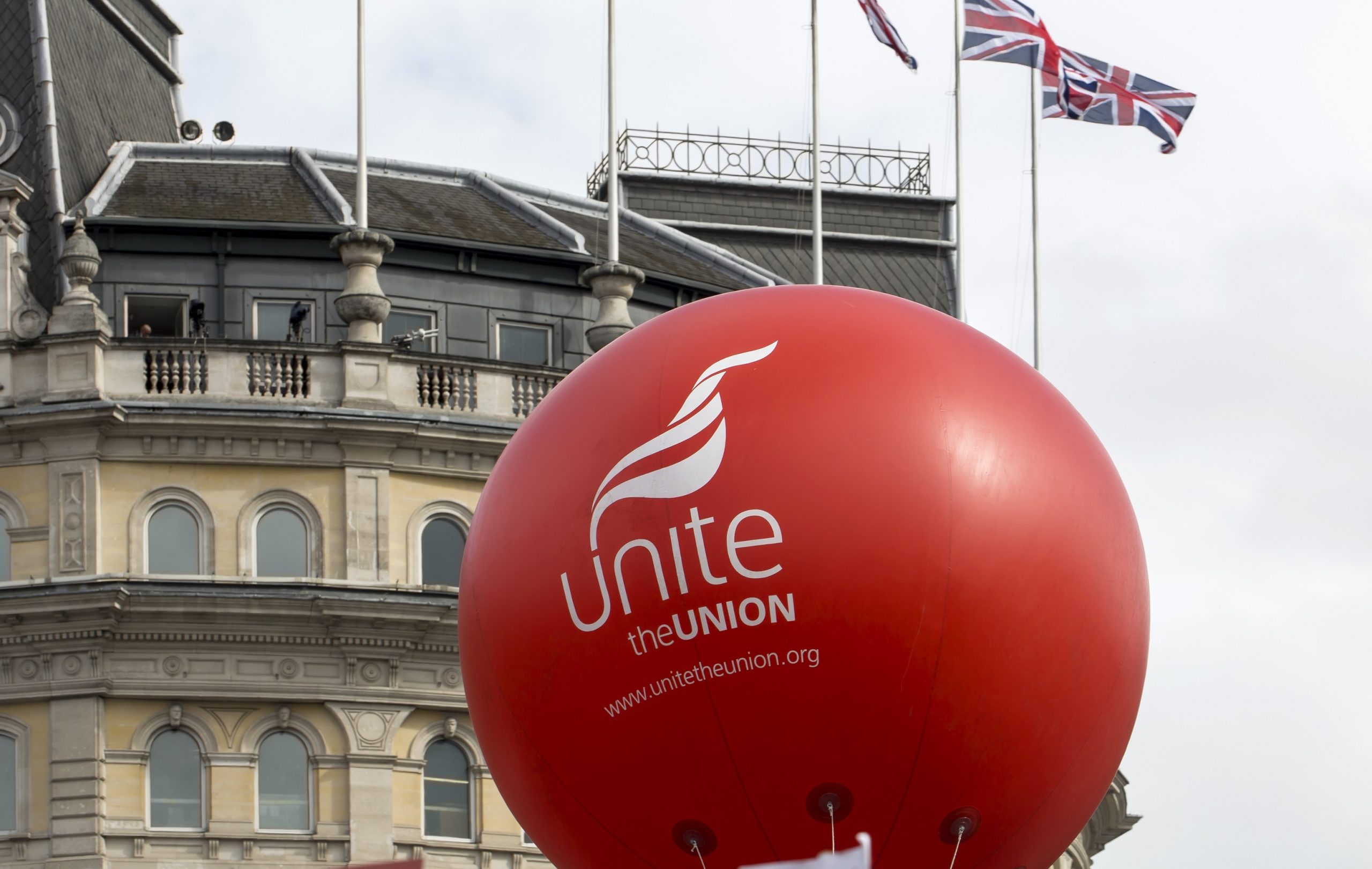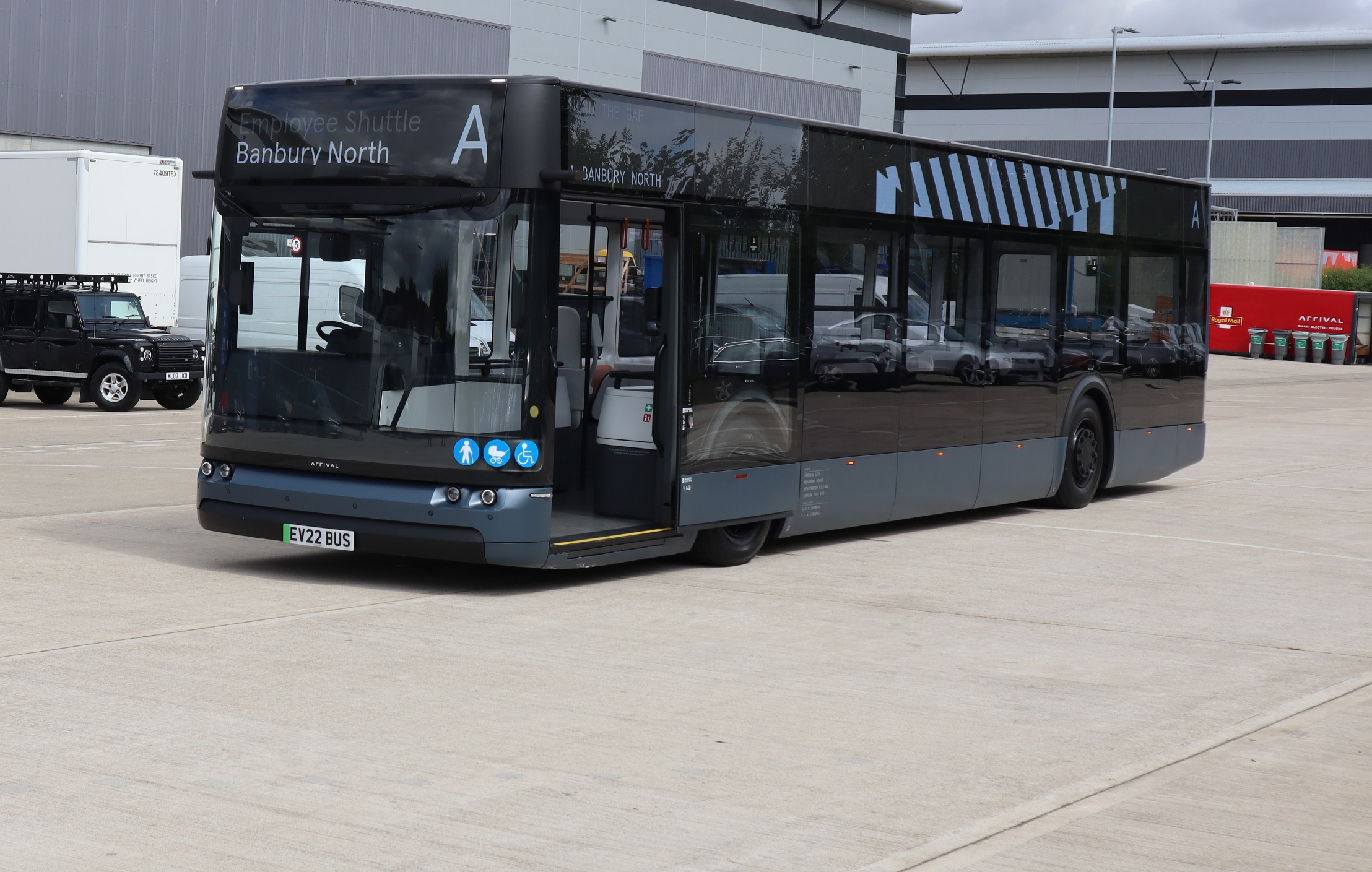Bus services in England, Scotland and Wales are within scope of provisions laid down within the Transport Strikes (Minimum Service Levels) Bill that was introduced on 20 October, the Department for Transport has said.
The Bill amends the Trade Union and Labour Relations (Consolidation) Act 1992. Should it pass, the Secretary of State for Transport will specify which transport services are subject to mandatory minimum timetables during strikes. Providers and relevant unions will then be required to negotiate those. Long threatened by ministers, the Bill will allow three months for agreement to be reached.
The proposed legislation will not preclude strikes. But it will remove unions’ legal protection from damages if the minimum service agreement is not met during such action. Employees required to work but who take strike action will lose their current automatic unfair dismissal protection under provisions in the Bill.
Ministers say that the proposed legislation will “balance the right to strike with ensuring that commuters can get to their place of work and [that] people can continue to make vital journeys to access education and healthcare during strikes.”
Unions rapidly denounced the development. Sir Kier Starmer told the Trades Union Congress on 20 October that he supports the right to strike “unequivocally,” and that Labour will “oppose and repeal” any legislation requiring minimum transport service levels.
Minimum service levels Bill includes arbitration provision
The Bill states that in agreeing minimum service levels, operators and unions must consider “relevant matters.” Those extend from protecting the health and safety of members of the public and staff involved in service delivery, to the importance of access to education, health and social care and employment, and avoiding damage to the economy and environment. If agreement is not reached after three months, a determination will be made by a Central Arbitration Committee.
Under the proposed legislation, employers will specify the workforce required to meet an “adequate” service level during a strike. That will be done via what the Bill terms a “work notice” provided to unions. It must specify the persons required to work to deliver the agreed minimum service level and the work required of them.

The operator may not identify more people than are “reasonably necessary” for such provision.
No regard may be paid to whether those individuals are trade union members. Reasonable steps to consult with the representative body must be taken before the work notice is issued.
Where a minimum service agreement has not been reached and the Central Arbitration Committee has not intervened, the Bill includes provision for the Secretary of State to set interim minimum service levels.
Government expects 2023 start for Bill provisions
Under the Bill, unions will be required take “reasonable steps” to ensure that a valid work notice is complied with. Unions captured are those that are “capable of affecting an employer’s provision of a specified transport service.” That is defined as any union that has any members employed by the employer in connection with those services.
Specific details of how minimum service levels would apply to services will be set out in secondary legislation following “appropriate consultation.” Any minimum service agreement will only be applied to a specified transport service once that secondary legislation has been agreed by Parliament, the government says.
The Central Arbitration Committee will receive any complaint from an “interested party” – defined as the employer and union(s) involved – that a minimum service agreement has been contravened. The government expects the Bill to become law on “transport services across the country” in 2023.
Unions quick to excoriate minimum service levels Bill
Unions in the transport sector have reacted angrily to the Bill. Unite describes the provisions within as “another predictable attack on trade unions,” adding that it is “prepared for all eventualities” and “will defend workers.”
RMT, which represents some members of the bus industry, claims that the Bill “is focused solely on… railways.” General Secretary Mick Lynch has called for it to be opposed, saying that introduction represents a “draconian attempt” to remove the right to strike and that the trade union movement “will not accept unjust anti-union laws.”
Mr Lynch has also called upon workers to “mount the fiercest civil resistance possible, in the proud traditions of the chartists and suffragettes.”



























